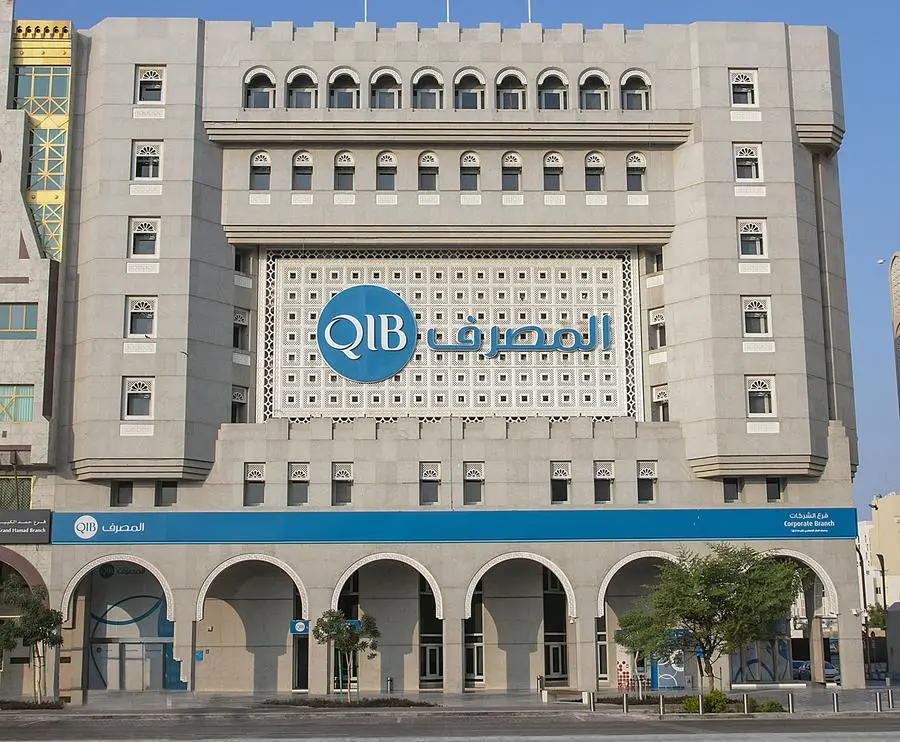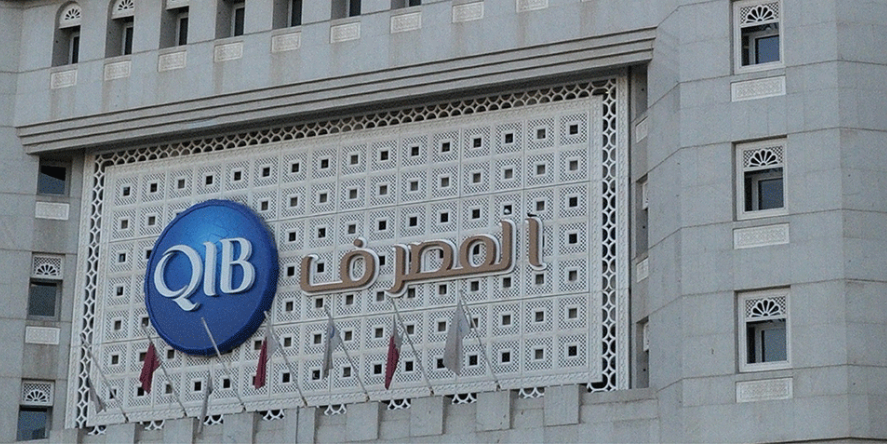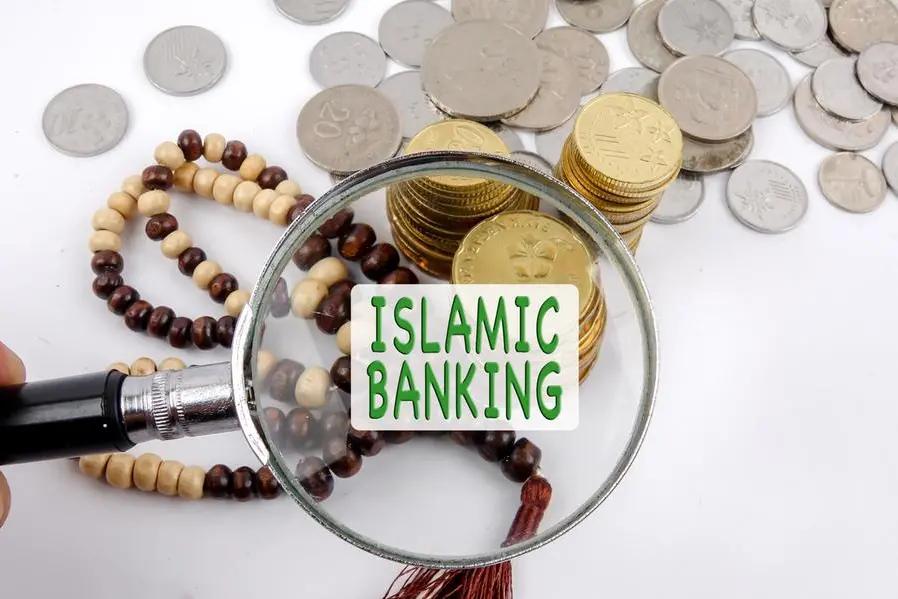Qatar’s Islamic finance sector reached a new milestone in 2024. The total value of Qatar Islamic finance assets grew to $187.63 billion (QR 683 billion), showing a 4.1 percent increase compared to the previous year. This steady growth highlights the country’s ongoing commitment to Shariah-compliant financial systems.
The rise in assets was driven by several key areas: Islamic banking, sukuk (Islamic bonds), takaful (Islamic insurance), and Islamic finance companies. These sectors have all shown positive momentum in recent years, positioning Qatar as one of the key players in global Islamic finance.
Islamic banking continues to dominate
Islamic banks in Qatar are the main players in the Islamic finance industry. They managed QR 585.5 billion in assets in 2024, making up nearly 87.4 percent of the total Qatar Islamic finance assets. This dominance shows the strong public trust in Shariah-compliant financial services.

Customer deposits in Islamic banks increased by 8.2 percent to reach QR 339.1 billion. The private sector contributed over half of these deposits, which shows confidence from businesses and individuals.
Financing activities by Islamic banks also grew to QR 401.5 billion, marking a 4.9 percent rise. Most of this funding went to sectors such as real estate, personal finance, and public projects. In terms of revenue, Islamic banks earned QR 29.5 billion, a 12.6 percent increase. Net profits for the year stood at QR 8.7 billion, reflecting a 6 percent annual growth.

These numbers show that Islamic banks are not only stable but also profitable and expanding.
Sukuk issuance sees massive growth
One of the most striking developments in 2024 was the growth in sukuk issuance. Islamic banks issued QR 9.5 billion worth of sukuk, which is a significant 300 percent increase compared to the previous year. At the same time, the Qatar Central Bank issued QR 16.9 billion in sukuk, showing a 118.5 percent rise.
This surge indicates that sukuk is becoming an attractive investment choice, both for institutions and individuals. Investors are showing more interest in fixed-income products that comply with Islamic principles. With the rising demand, sukuk has become a powerful tool for raising funds for public and private sector development.
Takaful sector gains momentum
The takaful industry in Qatar also posted solid growth in 2024. Total assets in the sector increased by 7.1 percent, reaching QR 5.1 billion. Contributions (premiums paid by policyholders) rose by 18.6 percent to over QR 1.9 billion.
Takaful companies are gaining popularity, especially among those who prefer insurance products aligned with Islamic law. While some companies reported good profits, others faced losses. However, the overall picture shows that the sector is becoming more active and competitive.
The growth in the takaful sector also reflects a broader trend of people looking for ethical financial services. More customers are becoming aware of Shariah-compliant options and are choosing takaful for health, life, and property coverage.
Steady performance by Islamic finance companies

In addition to banks and insurance providers, Islamic finance companies played a key role in the sector’s performance in 2024. These companies focus on offering financing services that follow Islamic principles.
Assets managed by Islamic finance companies increased slightly by 0.8 percent, totaling QR 2.53 billion. Financing activities rose by 5.7 percent, reaching QR 1.9 billion. Revenues also improved significantly by 14.7 percent to QR 277.2 million.
Despite the increase in revenue, overall profits were mixed. Some companies were highly profitable, while others operated at a loss. Still, the combined sector reported a total profit of QR 17.5 million, showing resilience in a challenging economic environment.
Investment companies and fund growth
Islamic investment companies also saw modest growth in 2024. These firms held QR 549.5 million in total assets, a 5.2 percent rise compared to the previous year. Revenue went up by 44.1 percent to QR 59.7 million, but the profitability of these firms varied.
Some companies reported good earnings, while others faced financial challenges. The overall net profit for this sector was QR 17.5 million. Although small in size compared to banks, these investment companies are expected to play a larger role in the coming years, especially as demand for ethical investments rises.
Economic environment supports finance sector
Qatar’s broader economy provided a solid foundation for the growth of the Islamic finance sector. The country’s real GDP increased by 2.6 percent in 2024, reaching QR 713.4 billion at constant prices. In current prices, GDP totaled QR 795.3 billion.
The finance and insurance sectors made up more than 10 percent of the GDP, contributing around QR 82 billion. This reflects the importance of financial services in the overall economy.
Despite a 16.2 percent drop in government revenues due to falling oil and gas prices, the country still recorded a budget surplus of QR 5.6 billion. Inflation stayed low at around 1.2 percent, offering a stable environment for business growth.
Future outlook for Qatar Islamic finance assets
The future looks promising for Qatar Islamic finance assets, as the sector continues to evolve and expand. Several trends are expected to shape its growth in the years ahead.
Digital transformation
Technology is becoming an essential part of Islamic finance. More banks and finance companies are adopting digital tools, mobile banking, and artificial intelligence to improve services and attract younger customers. Digital Islamic banks are expected to grow rapidly in the next few years.
New financial products
The market for Islamic financial products is expanding. From green sukuk to Islamic fintech services, Qatar is likely to introduce a wider range of options that meet both ethical and financial needs.
Strong regulatory support
The country’s regulatory authorities are playing a key role in strengthening the Islamic finance system. Capital adequacy rules, Shariah governance, and risk management frameworks are being enhanced to maintain investor confidence.
International partnerships
Qatar is increasingly collaborating with international Islamic finance hubs. These partnerships can help open new markets and bring in foreign investment, especially from Southeast Asia, the Gulf region, and North Africa.
National Vision 2030 alignment
Islamic finance is also aligned with Qatar’s National Vision 2030, which aims to build a diversified and knowledge-based economy. Ethical finance is expected to play a bigger role in areas like housing, infrastructure, and SME development.
Summary Table: Qatar Islamic Finance Assets by Sector
| Sector | Assets (QR Billion) | Year-on-Year Growth |
|---|---|---|
| Islamic Banks | 585.5 | +3.9% |
| Sukuk Issuance (Banks + QCB) | 26.4 | +161% |
| Takaful | 5.1 | +7.1% |
| Islamic Finance Companies | 2.53 | +0.8% |
| Investment Companies | 0.549 | +5.2% |
Final thoughts

Qatar Islamic finance assets reached new heights in 2024, reflecting both the country’s economic strength and its dedication to ethical, Shariah-compliant finance. With banking, sukuk, and takaful sectors all performing well, the outlook remains strong.
As Qatar continues to innovate and expand its financial services, it is well-positioned to become a global leader in Islamic finance. Investors, businesses, and consumers can all expect more choices and better access to ethical financial services in the years ahead.
Do follow UAE Stories on Instagram
Read More: Qatar LNG exports share hits 18.8% in 2024 amid global growth












